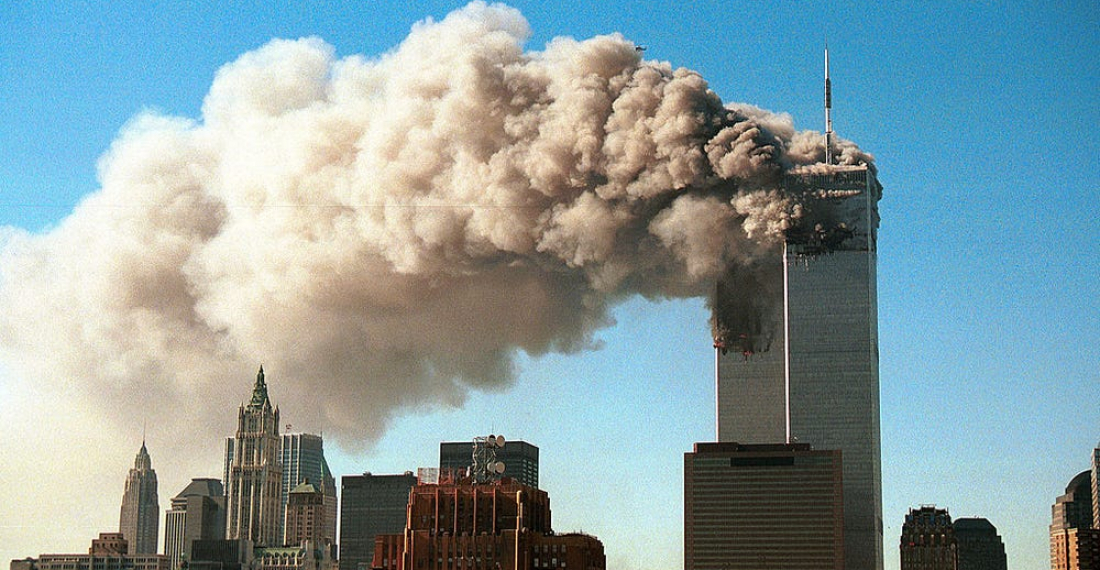In the United States and throughout the world people on Saturday are marking the 20th anniversary of the terrorist attacks on the United States, and paying tribute to the 2,977 people who lost their lives.
The attacks, which were planned by al-Qaeda from Afghanistan, and involved four US passenger planes being seized by suicide attackers - two of which were flown into the Twin Towers of the World Trade Center in New York. Another plane crashed into the Pentagon, just outside the US capital, Washington DC, and a fourth plane crashed in a field in Pennsylvania after passengers fought back.
In a message on the eve of the anniversary, President Joe Biden said,
"No matter how much time has passed, these commemorations bring everything painfully back as if you just got the news a few seconds ago".
He acknowledged the "darker forces of human nature - fear and anger, resentment and violence against Muslim Americans" which followed the attacks, but said that unity had remained the US' "greatest strength".
The European Union is also marking the anniversary, The EU foreign policy chief, Josep Borrell said in a statement issued for the occasion, that 9/11 "marked a turn in history. It fundamentally changed the global political agenda – for the first time ever, NATO invoked Article 5, allowing its members to respond together in self-defense, and it launched the war against Afghanistan."
Borrell added that "20 years on, terrorist groups such as Al Qaida and Da’esh remain active and virulent in many parts of the world, for example in the Sahel, Middle East and Afghanistan. Their attacks have caused thousands of victims around the world, enormous pain and suffering. They attempt to destroy lives, damage communities and change our way of life. Seeking to destabilise countries as a whole, they prey in particular on fragile societies, but also our Western democracies and the values we stand for. They remind us that terrorism is a threat we live with every day."
Now, as then, we stand determined to fight terrorism in all its forms, anywhere. We stand in admiration, humility and gratitude to those who risk their lives to protect us from this threat and to those who respond in the aftermath of attacks.
President Biden is set to lead commemorations on Saturday and will visit the three attack sites with the first lady, Jill Biden.
There will also be six moments of silence to correspond with the times the two World Trade Center towers were struck and fell, and the moments the Pentagon was attacked and Flight 93 crashed.







